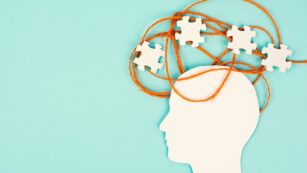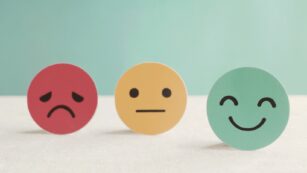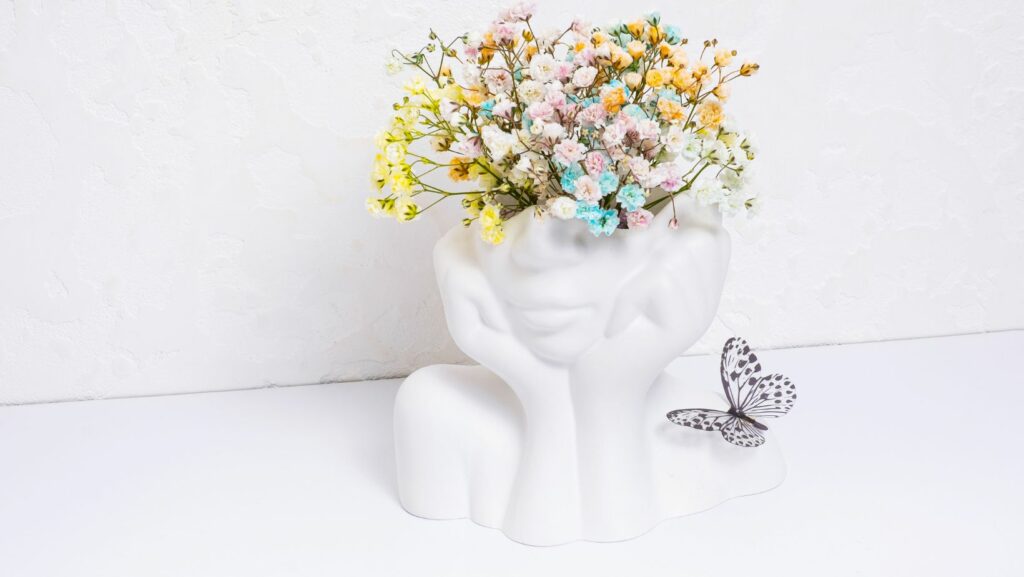In today’s fast-paced world, humor has become a vital tool for coping with stress and the complexities of life. Mental health jokes, when used thoughtfully, can serve as a bridge to more open conversations about mental well-being, breaking down barriers and challenging stigmas. However, navigating the fine line between humor that heals and humor that harms requires sensitivity and awareness.
Mental Health Jokes
 Navigating the delicate balance between humor and insensitivity when it comes to mental health jokes requires careful consideration. Humor serves as a powerful tool for connection and coping, yet risks crossing into insensitivity if not wielded thoughtfully. Recognizing this line is crucial to ensuring that jokes about mental health foster understanding rather than perpetuating stereotypes.
Navigating the delicate balance between humor and insensitivity when it comes to mental health jokes requires careful consideration. Humor serves as a powerful tool for connection and coping, yet risks crossing into insensitivity if not wielded thoughtfully. Recognizing this line is crucial to ensuring that jokes about mental health foster understanding rather than perpetuating stereotypes.
To maintain respect and empathy, individuals must stay informed about mental health issues and consider the diverse experiences of those affected. Ultimately, being mindful of the impact these jokes can have plays a pivotal role in promoting a culture of sensitivity and compassion in discussions about mental well-being.
Cultural Context and Mental Health Humor
Cultural context plays a pivotal role in shaping perceptions of mental health humor. Jokes that might seem harmless in one culture can carry a different connotation in another, underscoring the need for cultural competency when crafting or sharing mental health jokes. Diverse cultural backgrounds influence not only the understanding of mental health concepts but also the acceptability of humor related to such topics.
For instance, cultures with a strong emphasis on community and interconnectedness may approach mental health humor differently than individualistic societies. This contrast highlights the importance of considering cultural sensitivities to ensure that mental health humor serves as a bridge for dialogue and understanding, rather than a barrier. Recognizing and respecting these cultural nuances is essential in promoting a universal culture of empathy and support in discussions surrounding mental health.
Mental Health Jokes in Media and Entertainment
 Mental health jokes find their place in media and entertainment but must navigate the fine line between humor and sensitivity. Television shows, films, and stand-up comedy acts frequently incorporate mental health jokes, aiming to destigmatize issues and foster empathy among viewers. However, creators prioritize cultural competency and the impact of such humor on varied audiences.
Mental health jokes find their place in media and entertainment but must navigate the fine line between humor and sensitivity. Television shows, films, and stand-up comedy acts frequently incorporate mental health jokes, aiming to destigmatize issues and foster empathy among viewers. However, creators prioritize cultural competency and the impact of such humor on varied audiences.
For instance, sitcoms like “Brooklyn Nine-Nine” handle mental health with a balance of comedy and seriousness, offering viewers both laughter and a deeper understanding of mental health challenges. Similarly, stand-up comedians such as Hannah Gadsby in “Nanette” blend humor with personal mental health stories, challenging stereotypes and encouraging acceptance.
The Role of Humor in Coping Mechanisms
Humor serves as a pivotal coping mechanism, aiding individuals in navigating the complexities of mental health challenges. By integrating mental health jokes with sensitivity, it becomes possible to lighten the emotional load, thereby offering a temporary reprieve from stress and anxiety. Studies suggest laughter triggers the release of endorphins, body’s natural feel-good chemicals, which promote an overall sense of well-being and can temporarily relieve pain.
Moreover, humor fosters a shared experience, creating a bond among people by highlighting commonalities in their struggles, thus reducing feelings of isolation. However, the effectiveness of humor as a coping strategy can vary widely among individuals, contingent upon personal preferences, culture, and the nature of their mental health issues. Consequently, while humor represents a valuable tool in the mental health toolkit, it requires careful consideration and personalization to function as an effective mechanism for coping with mental health challenges.
Responsible Humor: Creating Awareness Without Stigma
 Navigating the terrain of mental health humor demands a delicate balance between fostering laughter and ensuring sensitivity. It’s about creating a space where humor serves as a bridge to understanding rather than a barrier. By embracing cultural competency and recognizing the diverse backgrounds of our audience, we can use mental health jokes as a tool to promote empathy and support across communities.
Navigating the terrain of mental health humor demands a delicate balance between fostering laughter and ensuring sensitivity. It’s about creating a space where humor serves as a bridge to understanding rather than a barrier. By embracing cultural competency and recognizing the diverse backgrounds of our audience, we can use mental health jokes as a tool to promote empathy and support across communities.
Shows like “Brooklyn Nine-Nine” and comedians such as Hannah Gadsby have set a precedent in using humor to shine a light on mental health issues while respecting the audience’s varied perceptions. As we continue to explore humor’s role in mental health care, it’s essential to remember that its effectiveness lies in its thoughtful application, tailored to individual experiences and cultural contexts.

